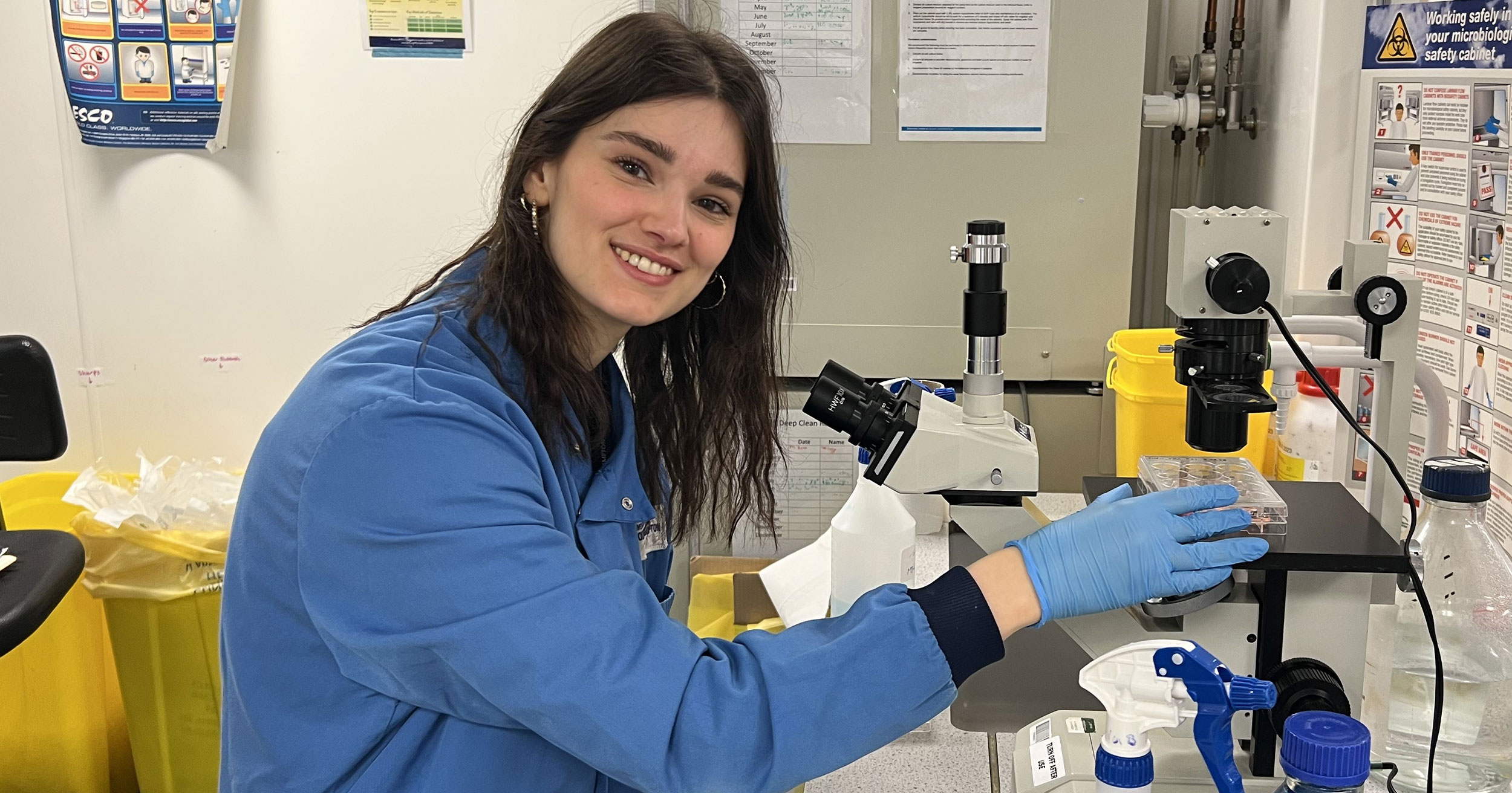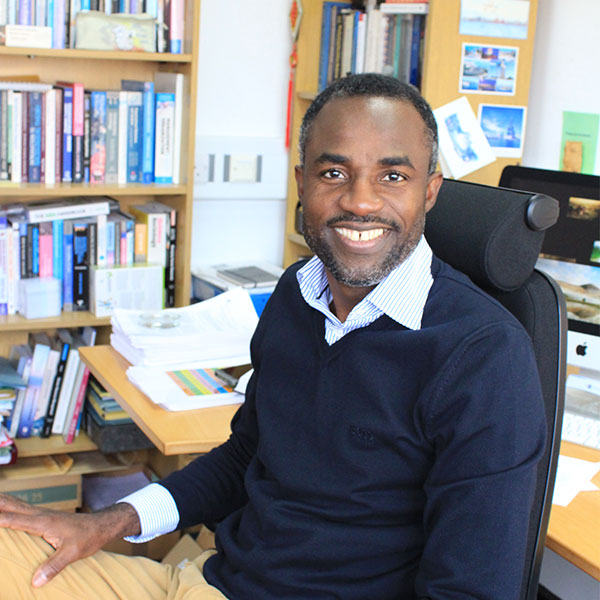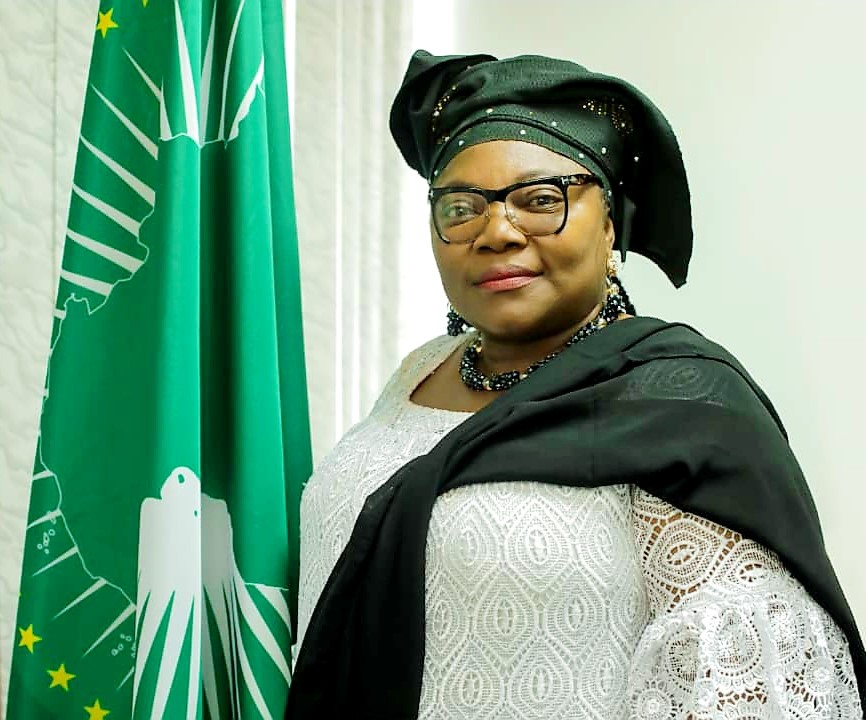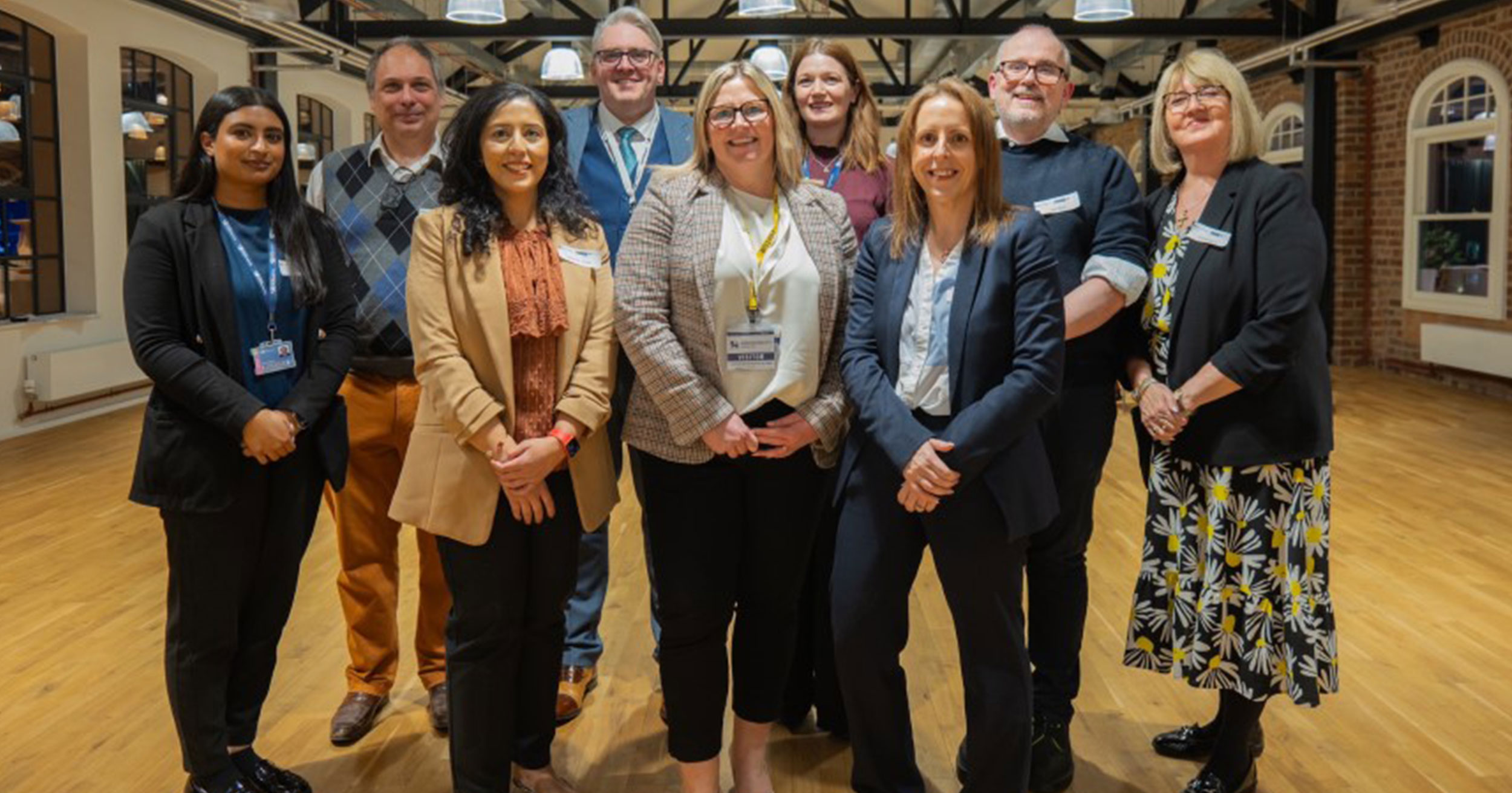
Improving innovation and networking in African universities to save the continent’s youth
The Centre for African Entrepreneurship and Leadership (CAEL) at the University of Wolverhampton is leading the Forum for Innovation in African Universities (FIAU) and hosting its first high-profile annual meeting on 7 July.
Dr Paschal Anosike said: “The creation of the FIAU has come at a particularly crucial time in history to help tackle Africa’s spiralling graduate unemployment. The Covid-19 pandemic has disproportionately affected young Africans.
“Even before the onset of Covid-19, only about three million of an estimated 11 million young Africans that enter the labour market every year after leaving school obtain formal jobs; the rest are either underemployed, unemployed, or poor.
“With Africa estimated to have 42 per cent of the global youth population by 2030, with nearly 75 per cent being under 35 years old, graduate unemployment will have dire consequences. So, there is a need for a new approach to university education in which employment creation must be at its heart.
“In our modern economy, Universities can play a vital role as centres of employment creation and socio-economic development through high-quality research, commercialisation of intellectual assets, advancing technological capacity and nurturing entrepreneurial skills.
“However, through a mix of policy incoherence, poor planning, a disconnect with labour market needs, and untapped and misused synergies, most African universities are simply not yet up to the challenge of unlocking young people’s full potential to create jobs.”
Because of this, Africa faces three serious barriers to demographic dividend (where a country has more working age people than non-working age groups); poor human capital, high graduate unemployment and low productivity.
Dr Anosike added: “Unlike in advanced societies, the problem is that most African universities are not yet part of their national entrepreneurship and innovation ecosystems; for example, if you look at Silicon Valley, it is a by-product of such an ecosystem.
“As such, there is scope for collaboration, co-production, and exploitation of knowledge; whereby governments, businesses and African universities can cooperate to create favourable conditions for student-led start-ups, thereby boost shared prosperity.
“In CAEL, we’ve been working closely over the last few years with various stakeholders including funders and policy makers to develop the infrastructure to help a group of African universities to address some of their capacity challenges.
“Key challenges and interest from these partners have been how to form strategic partnerships, embed entrepreneurship in the curriculum, become entrepreneurial university, commercialise intellectual assets and support students to behave entrepreneurially and exploit opportunities from the fourth industrial revolution.”
Recognising that these challenges are commonly faced by the higher education sector across Africa, we have built upon our research, training, and advisory experience to launch a new ‘Forum for Innovation in African Universities’ (FIAU). Supported by the African Union Commission (AUC) and Association of African Universities (AAU), our goal is to adopt an evidenced-based and multi-stakeholder approach to alter governance, thinking and behaviour in a way ultimately that benefits, not just universities and graduates, but the region in a genuinely fundamental way.
The FIAU comprises of some of Africa’s best minds and institutions including vice chancellors of prestigious African universities, innovation experts, private sector, and higher education stakeholders.
The keynote speaker at the launch of FIAU, Her Excellency, Professor Sarah Anyang-Agbor, the elected Commissioner for Education, Science, Technology, and Innovation for the 55-member States of the African Union said: “Among the most highly innovative pan-African ideas that speak directly to our continental needs in the current Covid-19 crisis, the agenda of FIAU brings together the root causes of the unemployment challenges that affect mostly our young people in their transitioning stage. But with a commitment that offers the higher education sub-sector a more coherent pathway to build their capacity to become ‘Centres of Employment Creation’.
“In terms of higher education offering, that is what we need right now. The world has changed. With that comes the need for a new way of educating our young people, especially at a tertiary level.”
In her view: “With Africa’s youth population set to grow, it means more and more young people will need quality higher education and decent livelihoods. So, our universities must be prepared to embrace the opportunities our youth sector presents.
“We must invest and ensure that they have the capacity to manage technology transfer offices, innovation hubs, and such like, to commercialise their research, transfer knowledge to industry, work with their national governments and businesses to enable students to become self-employed within an ecosystem set up.
“It therefore requires that universities must develop the knowledge architecture for patenting, product and service innovation, and set up our young people and society to fully exploit the globalising impacts that come with new technologies of the fourth industrial revolution.
“With the calibre of professionals and institutions behind this Forum, which is led by the University of Wolverhampton’s Centre for African Entrepreneurship and Leadership, I envisage they will drive a policy shift based on a consensus and concrete evidence of what works and what does not. The aim, ultimately, is how we can work with that evidence and policy at scale to support entrepreneurship, innovation and livelihood access for our youths.”
The moderator of the event will be Matt Kuppers, Independent Policy Expert and Executive Board Member, for the European Institute of Innovation and Technology (EIT) at the European Commission.
Universities and partner organisations represented at the first annual meeting will be from Algeria, Cameroon, Germany, Kenya, Nigeria, South Africa, the United Kingdom and the United States.
After the inaugural meeting on 7 July, the outcome will be presented in a whitepaper to shape the future activity of FIAU.
For more information please contact the Corporate Communications Team.


/prod01/wlvacuk/media/departments/digital-content-and-communications/images-2024/Diane-Spencer-(Teaser-image).jpg)
/prod01/wlvacuk/media/departments/digital-content-and-communications/images-18-19/220325-Engineers_teach_thumbail.jpg)
/prod01/wlvacuk/media/departments/digital-content-and-communications/images-2024/240509-Menopause-Research-Resized.jpg)
/prod01/wlvacuk/media/departments/digital-content-and-communications/images/Maria-Serria-(teaser-image).jpg)
/prod01/wlvacuk/media/departments/digital-content-and-communications/images-2024/241014-Cyber4ME-Project-Resized.jpg)
/prod01/wlvacuk/media/departments/digital-content-and-communications/images-2024/240315-Research-Resized.jpg)
/prod01/wlvacuk/media/departments/digital-content-and-communications/images-2024/BDA-group-photo.jpg)



.jpg)